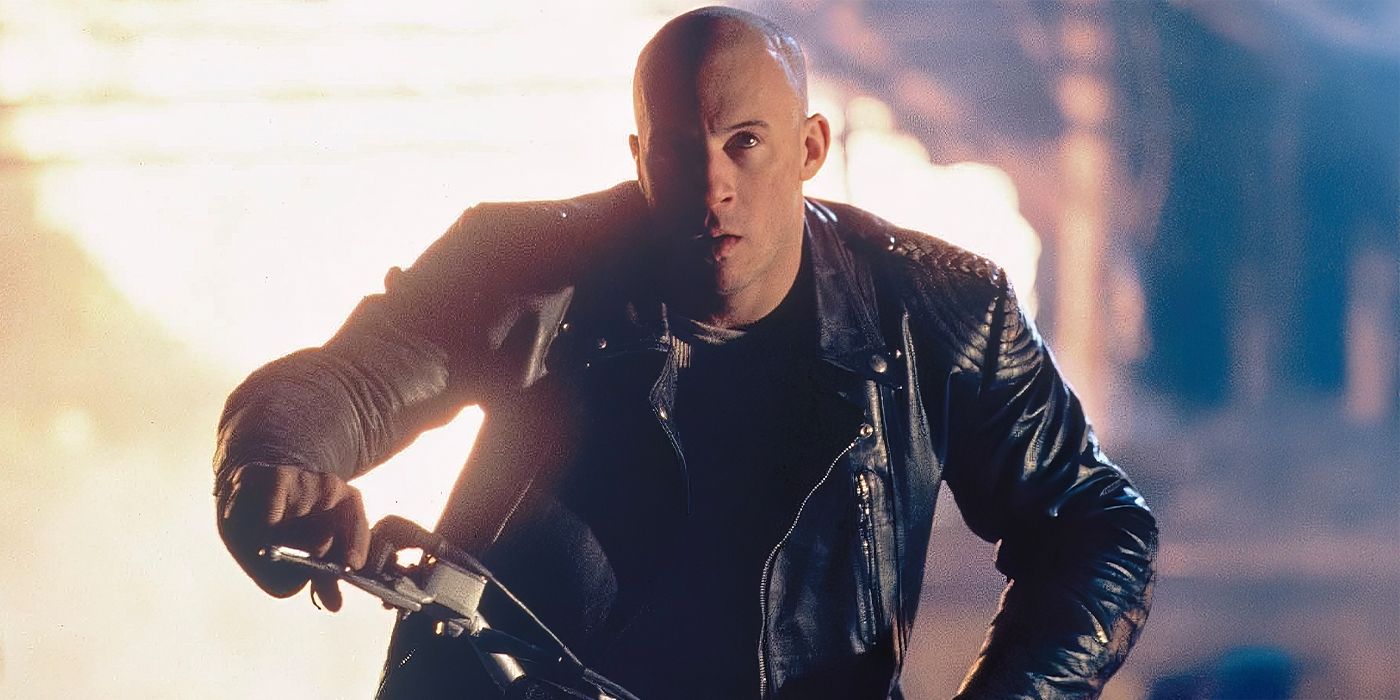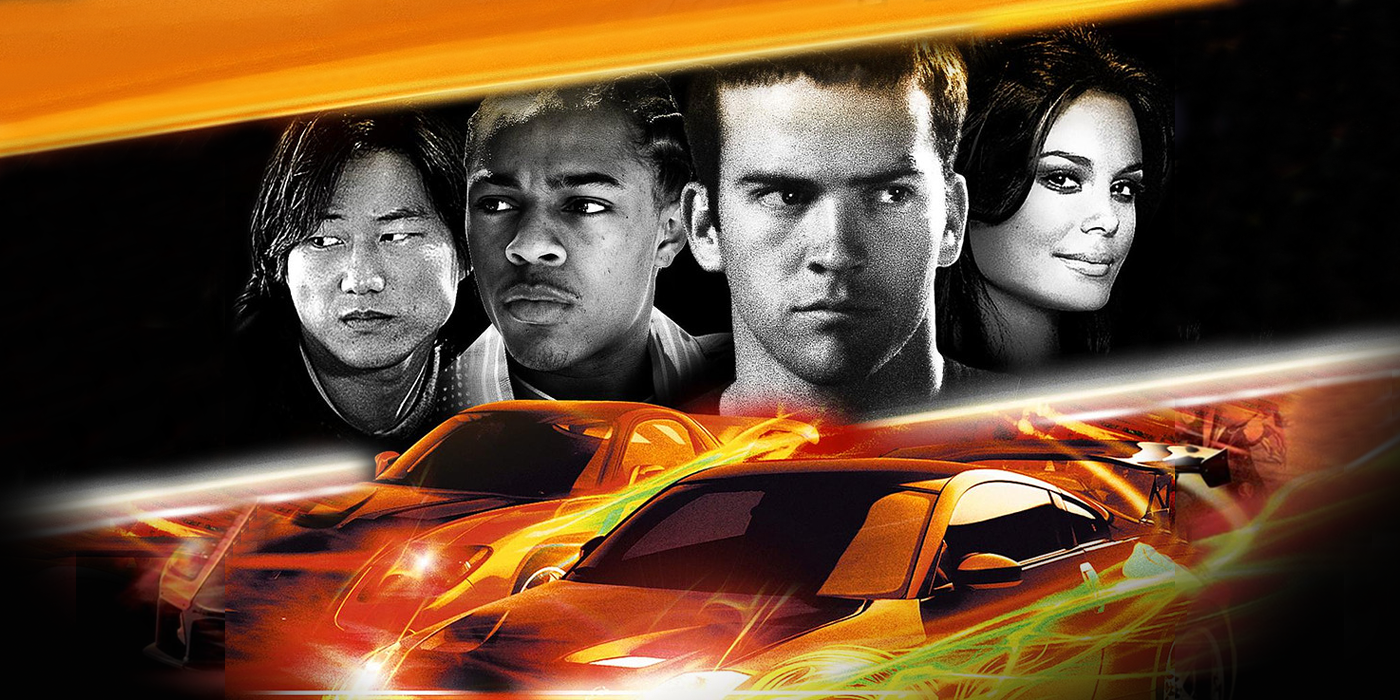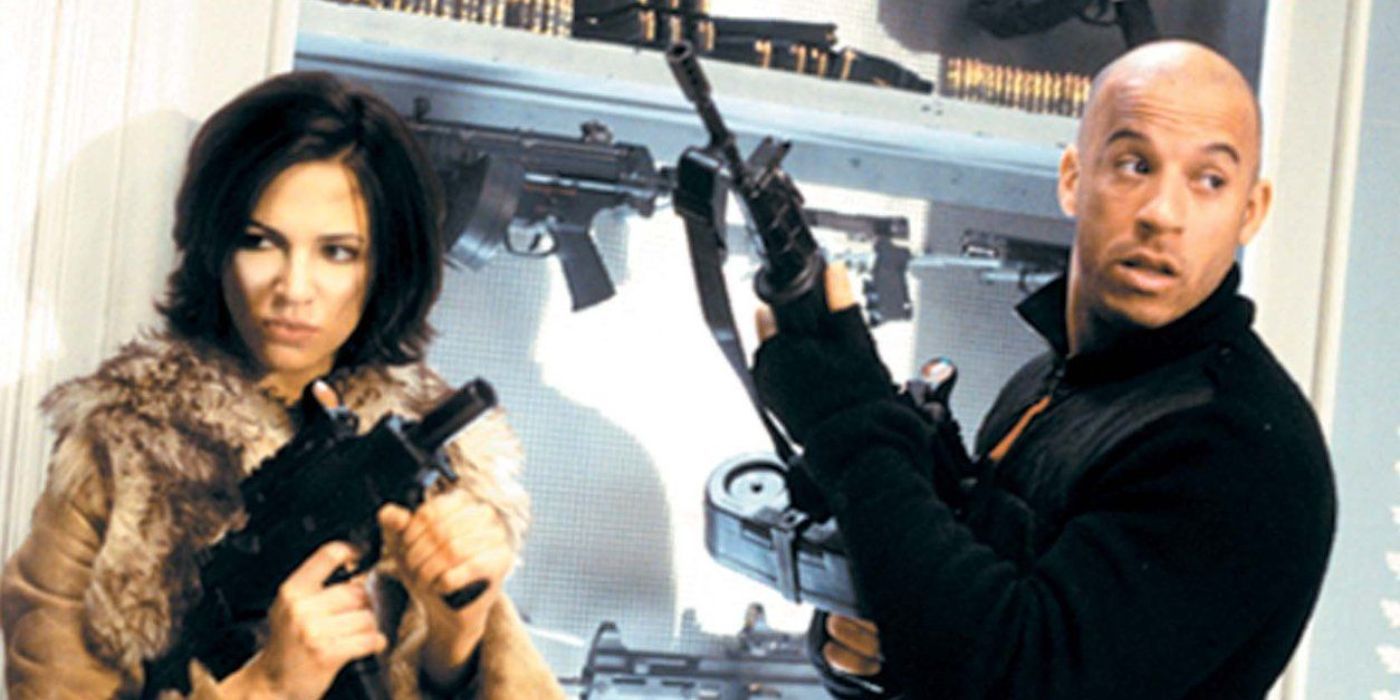
As he preps for what could potentially be his last Fast & Furious movie, Vin Diesel has expressed a desire to bring the franchise back to its street-level roots. Even if that means reviving a beloved character gone too soon. It’s wild to imagine how the once steadily working actor from Saving Private Ryan and Boiler Room elevated his biggest success from a modestly budgeted street racing thriller to a blockbuster adventure series with global implications. This change in tone can be indirectly traced back to another Diesel franchise starter—xXx.
Fresh off the success of The Fast and the Furious in 2001, Diesel solidified his place as the king of mindless action spectacle when he played the new millennium superspy Xander Cage. The blockbuster from Fast director Rob Cohen aimed its sights on the aging James Bond series by introducing a wild, stunt-heavy action franchise for the Gen X crowd hungry for a new hero with plenty of attitude and less formality. It managed to surpass the first Fast installment’s worldwide box office, grossing over $277 million, and received a surprise 3.5-star rating from Roger Ebert, who considered it “as good as a good Bond movie.” Despite its potential as a winning franchise outside the Fast movies, genre competition and real-world events kept xXx from truly living up to its potential.

The plot of Jackson’s agency operative recruiting Diesel’s extreme sports star to battle international terrorists is simply filler to move the plot. xXx’s selling point is the subversion of the Bond tropes and the emphasis on Cage’s daredevil stunts to succeed in his mission. Where Bond operates within the system of the British Secret Service, Cage is a tattoo-riddled outsider who likes to talk trash and never truly allows the NSA to control him. His lack of loyalty is a complete contrast to the rigid obsession with “family” that Dominic Toretto has in The Fast and the Furious. In essence, Diesel’s adrenaline junkie performance in xXx embodied the over-the-top spirit that future Fast & Furious installments would embrace.
Real World Events Affected Franchise Prospects for ‘xXx’

Much like Cage requesting his NSA tech head to insert every gadget imaginable into his 1967 Pontiac GTO, xXx throws every eye-popping stunt on the screen, ranging from parachuting off a falling sports car to evading an avalanche via snowboard. Unlike the CGI fest that the Fast franchise became, Diesel performed many of these stunts practically despite the resistance of director Cohen. His concerns were valid given the fact that Diesel landed on his head while filming the snowboard sequence. These video game-style action set pieces were just par for the course at the start of the new millennium. But all that changed dramatically.
While xXx had so much franchise potential for Diesel outside of Fast & Furious, the reasons its sequels fell short were not just about his absence from the Ice Cube-led xXx: State of the Union and the long gap in time before releasing xXx: Return of Xander Cage. The world had changed after the events of 9/11. The following year saw a plethora of spy thrillers in theaters to the point that even xXx and the Bond film Die Another Day became anachronistic in a new era. The genre would shift to grounded, gritty tales reflecting modern-day geopolitics, including The Bourne Identity and the Daniel Craig era of Bond films. Even the Mission: Impossible franchise began to play into real-world threats of warring nations over WMDs as well as AI. xXx was simply a flippant kind of spy movie made for a peacetime period in America and abroad. Diesel simply could not rely on “family” to make Xander Cage connect to the audience on a personal level when the extreme sports superspy has none.